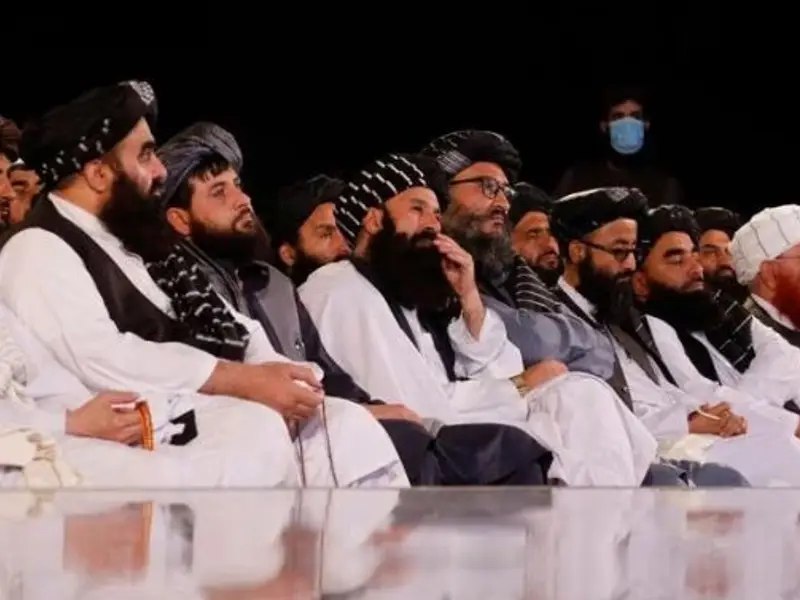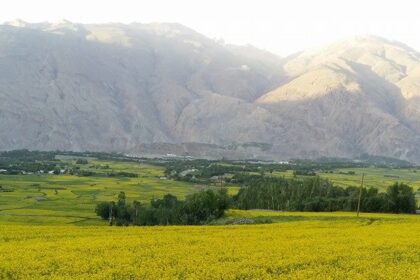RASC News Agency: The Taliban present themselves as the most devout among Islamic factions, often suggesting a level of piety that surpasses even that of the Prophet Muhammad, his companions, the Rashidun Caliphs, and the great Islamic empires of the Umayyads, Abbasids, and Ottomans. A close examination of their actions and rhetoric reveals that their interpretation of “Islam” is unprecedented, finding no parallel in either the contemporary or historical Muslim world. Over 1,400 years of Islamic history have passed, yet no Islamic movement, group, or government has ever barred access to education, propagated ignorance and deceit, or persecuted fellow Muslims based on ethnicity and language. None have formed alliances with non-Muslims to slaughter believers or sought to drag society back to the Stone Age. Yet, the Taliban do all these things under the guise of “implementing Sharia.”
Islamic scholars, intellectuals, governments, and jurists worldwide have urged the Taliban to reconsider their actions and beliefs, pointing out that their deeds are far from Islamic. However, the group has shown a complete disregard for the counsel of these esteemed figures. Three years into Taliban rule, their true nature has become increasingly evident, with their deep-seated ethnic chauvinism being the most telling revelation. The Taliban have systematically imposed the tribal and ethnic values of southern Afghanistan—particularly those of the Pashtuns—under the pretext of Islam and Sharia. This ethno-nationalism has attracted the support of prominent Pashtun nationalists, from Ismail Yoon to those in the diaspora, who now serve as advisors to the Taliban, endorsing and advancing their ethno-religious policies. The exclusion of women and girls from education and employment, for instance, stems more from the Taliban’s ethnic beliefs than from Islamic values, exacerbating ethnic tensions within Afghanistani society.
Today, Pashtuns occupy 98% of ministerial, deputy ministerial, and senior governmental positions under the Taliban regime. Non-Pashtun individuals, such as Tajiks, Hazaras, and Uzbeks, who visit governmental offices and speak in Persian, often find their requests ignored. To have their issues addressed, these individuals must either bring a Pashtun companion or hire someone who speaks Pashto to communicate with the officials. Taliban leaders have repeatedly declared that their regime is a Pashtun government, established through the efforts of the Pashtun people. Even the Taliban spokesperson, Zabihullah Mujahid, expressed such sentiments on television, which are steeped in ethnic prejudice. This behavior has led even non-Pashtun members of the Taliban to recognize that the regime is driven by ethnic nationalism rather than Islamic principles.
Interestingly, even Mullah Hibatullah, the Taliban’s supreme leader, who has filled 98% of governmental positions with Pashtuns through his non-Islamic decrees, has recently acknowledged the regime’s ethnic bias. A few days ago, in a symbolic decree, he criticized the ethnic nationalism within the Taliban and urged commanders and officials to abandon such practices. However, ethnic prejudice is so deeply ingrained in the fabric of the Taliban’s followers and leadership that mere moral exhortations are unlikely to eradicate it. It is a daunting task to persuade this primitive group to adhere to the very Islam they now wield as a tool of oppression and to abandon their entrenched ethnic chauvinism.






